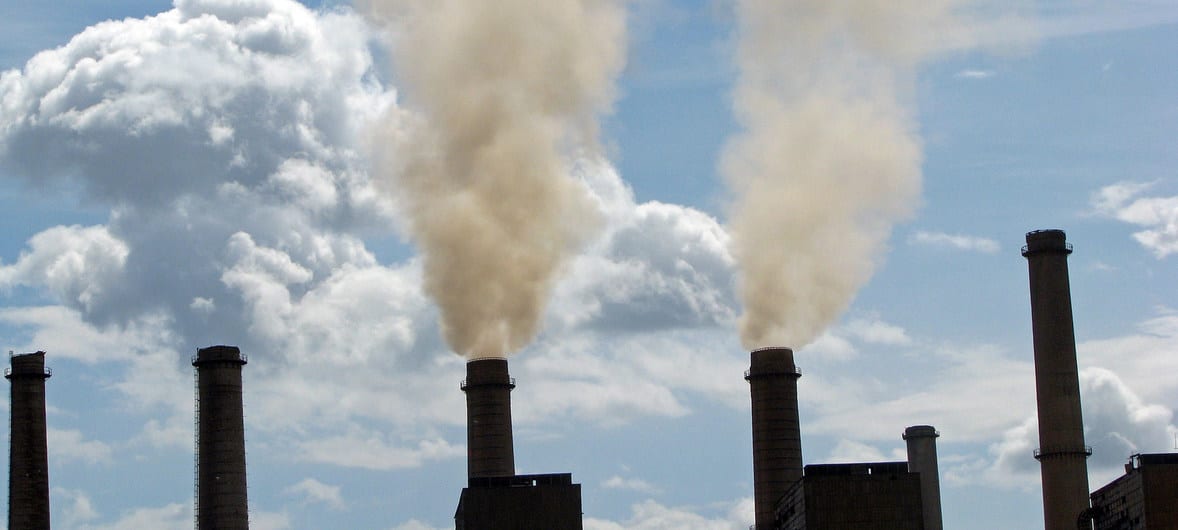The Color of Clean: How the Clean Energy Act Harms Minorities
Yesterday Virginia Governor Ralph Northam accelerated Virginia’s transition to clean energy by signing the Virginia Clean Economy Act and by amending the Clean Energy and Community Flood Preparedness Act that requires Virginia to join the Regional Greenhouse Gas Initiative.
The Act establishes a carbon dioxide cap-and-trade program to reduce emissions from power plants, in compliance with the Regional Greenhouse Gas Initiative (RGGI).
“These new clean energy laws propel Virginia to leadership among the states in fighting climate change,” said Governor Northam. “They advance environmental justice and help create clean energy jobs. In Virginia, we are proving that a clean environment and a strong economy go hand-in-hand.”
The Virginia Clean Economy Act was passed as House Bill 1526 and Senate Bill 851, which were sponsored by Delegate Richard C. “Rip” Sullivan Jr. and Senator Jennifer McClellan, respectively. The Act incorporates clean energy directions that the Governor issued in Executive Order Forty-Three in September 2019. It results from extensive stakeholder input and incorporates environmental justice concepts related to the Green New Deal.
The law requires new measures to promote energy efficiency, sets a schedule for closing old fossil fuel power plants, and requires electricity to come from 100 percent renewable sources such as solar or wind. Energy companies must pay penalties for not meeting their targets, and part of that revenue would fund job training and renewable energy programs in historically disadvantaged communities.
From the outside in it may seem as if the Act is going to benefit these communities, but upon closer inspection it will do more harm than good.
I spoke with Tiziana Bottino of the PWC Soil & Water Conservation, and she provided me the following link on the problems the silenced minority faces when it comes to these issues. Already disproportionately saddled with a high number of pollution-causing facilities in their local area, these communities also are under-represented when it comes to dealing with this issue politically. Cap and trade allow polluters to increase emissions that harms the environment with an increase in pollutants. Defenders of cap and trade site the advantages of the free market, yet African Americans in lower income communities are more likely to have higher rates of asthma, hypertension and premature strokes in comparison to their white counterparts.
This evening there will be a webinar entitled “PW & Fauquier Counties’ Fracked Gas Projects” sponsored by the Food & Water Watch to further address these issues. We will have more updates on this story as it develops.



